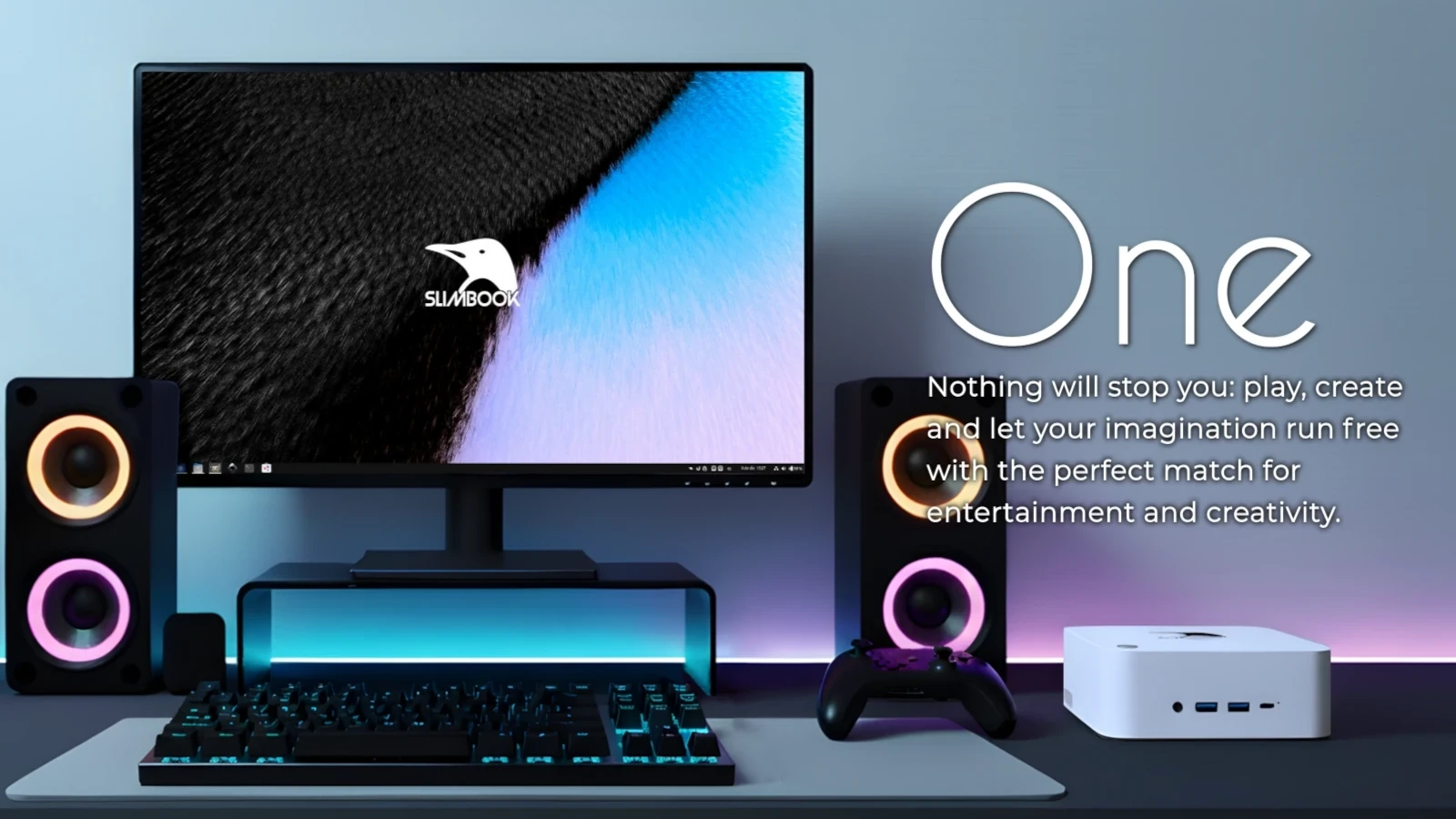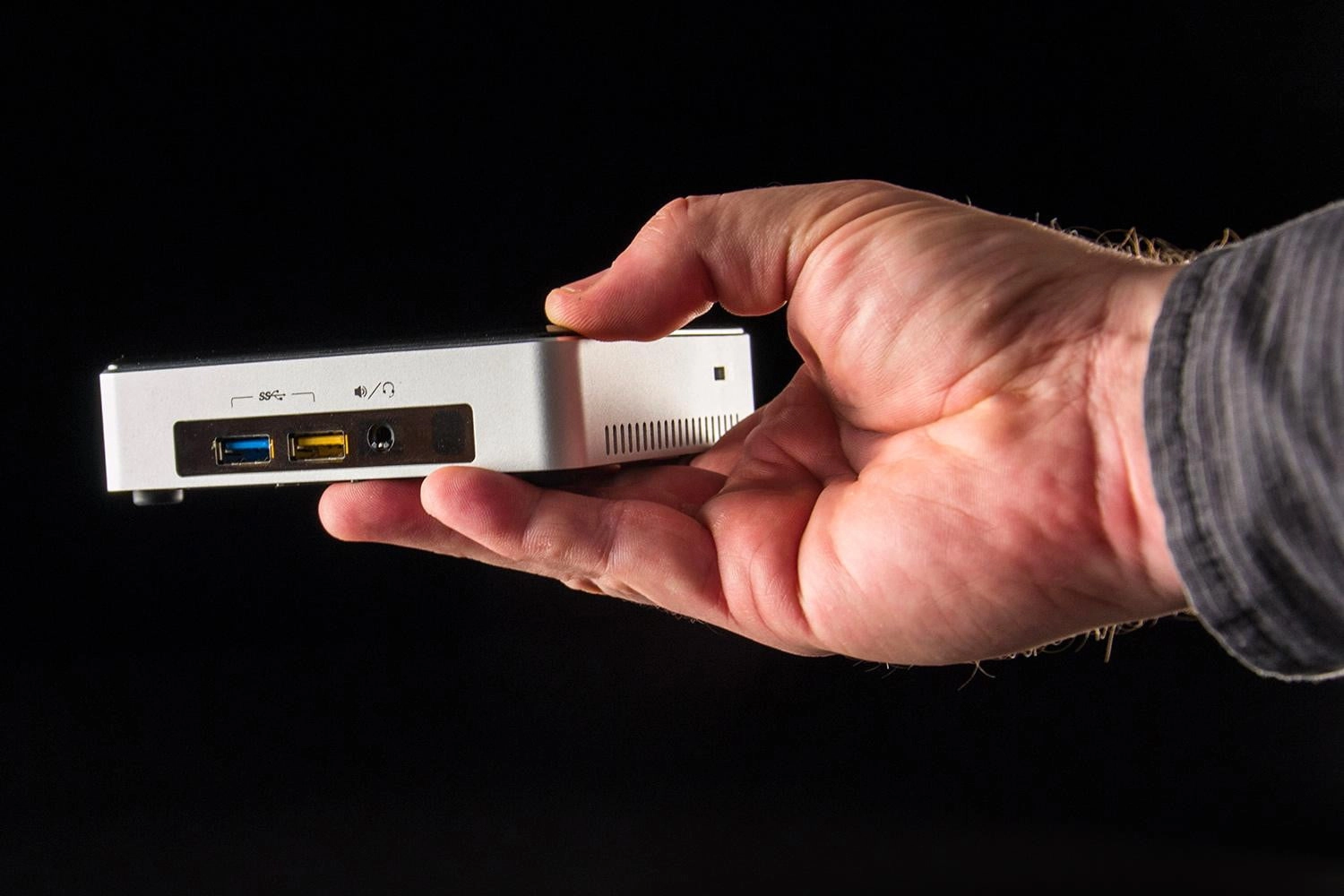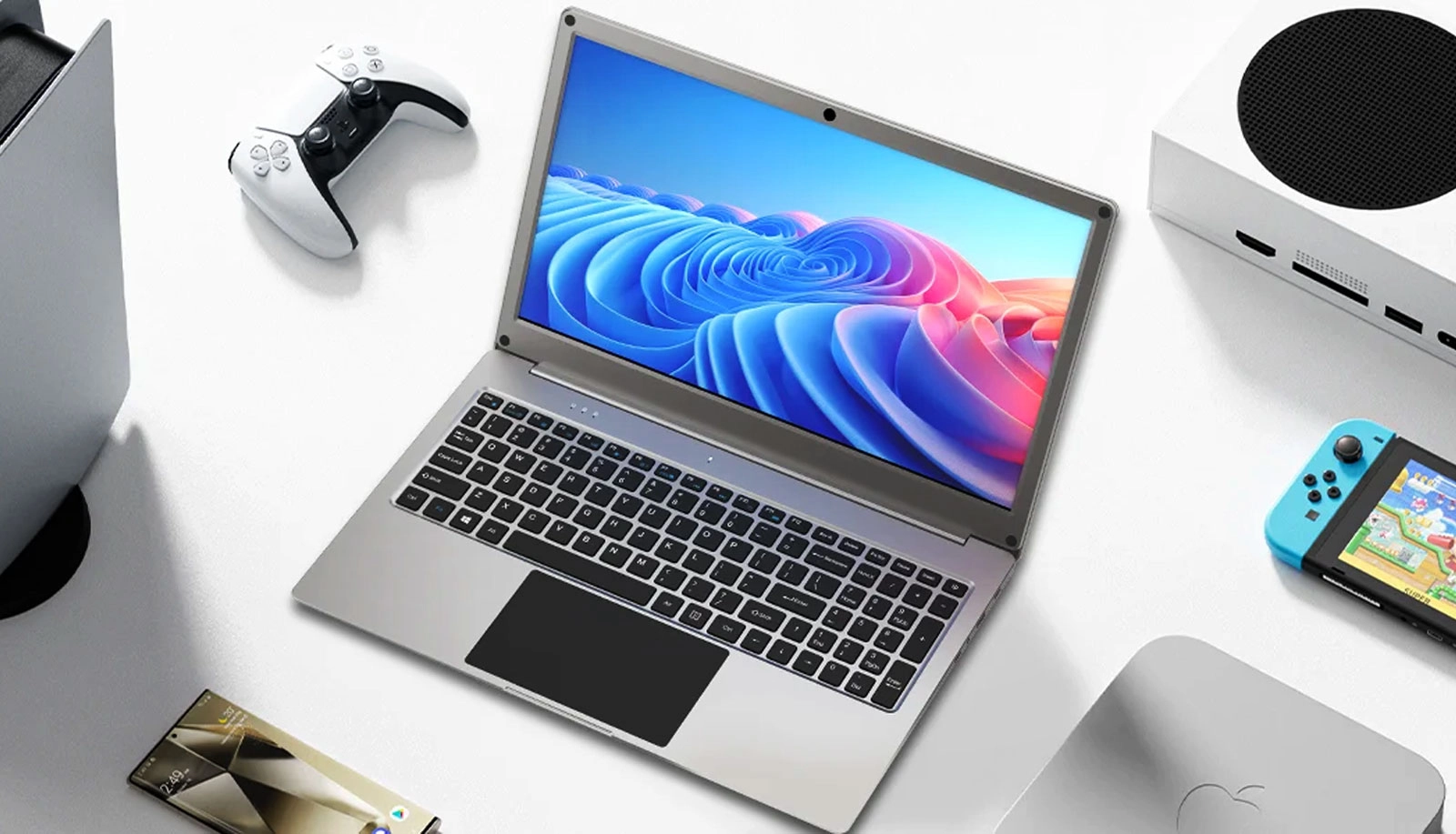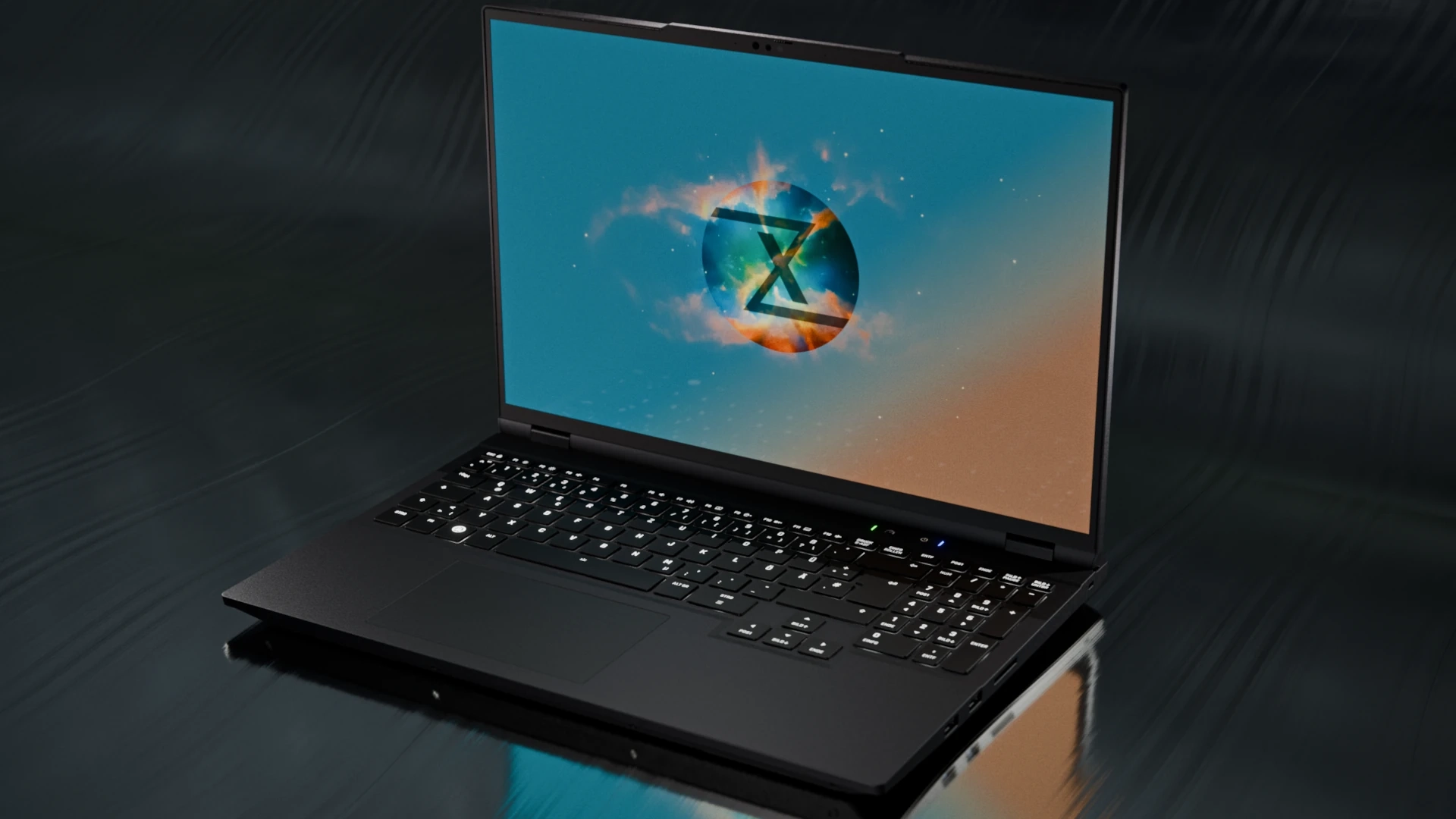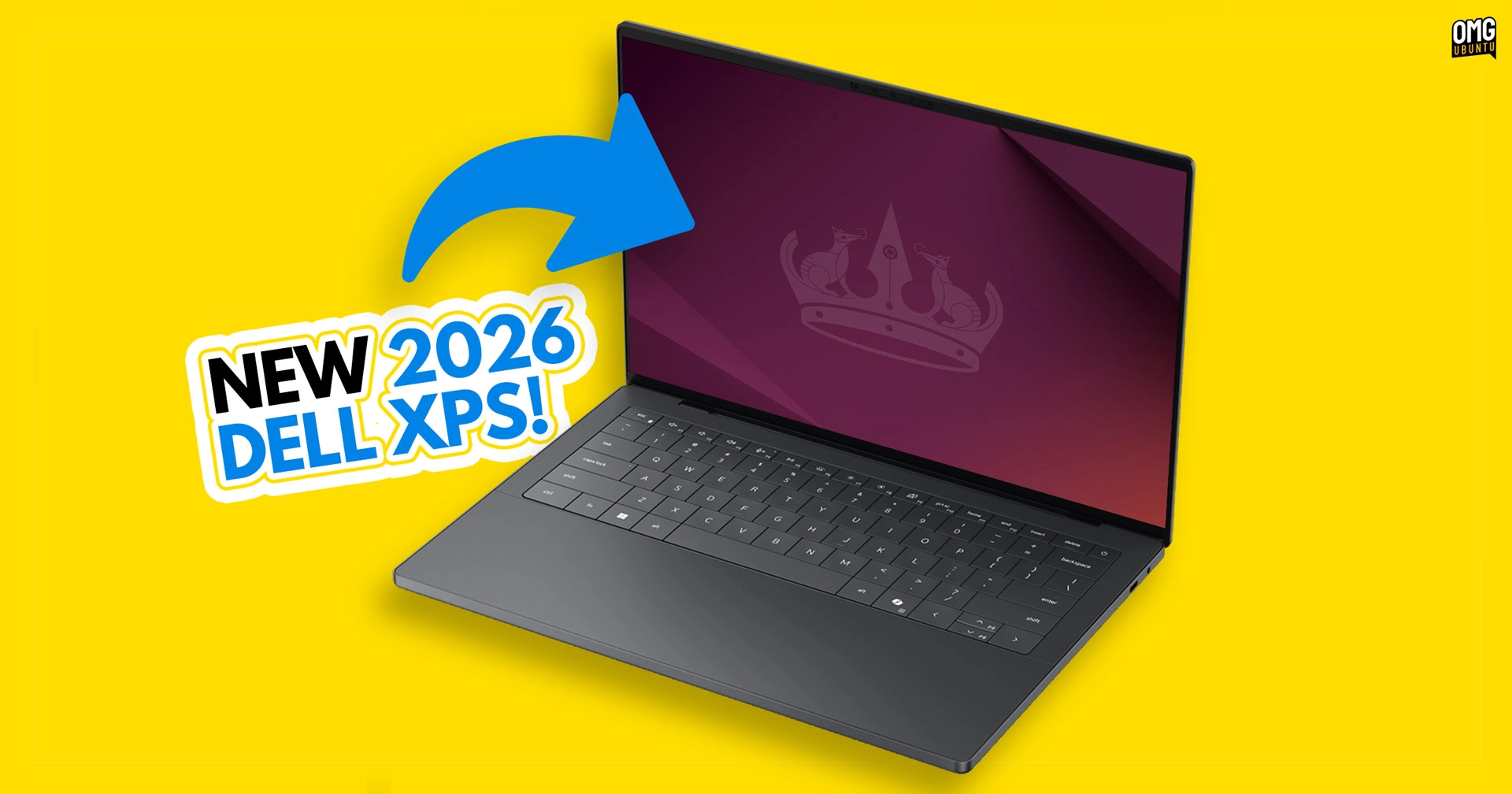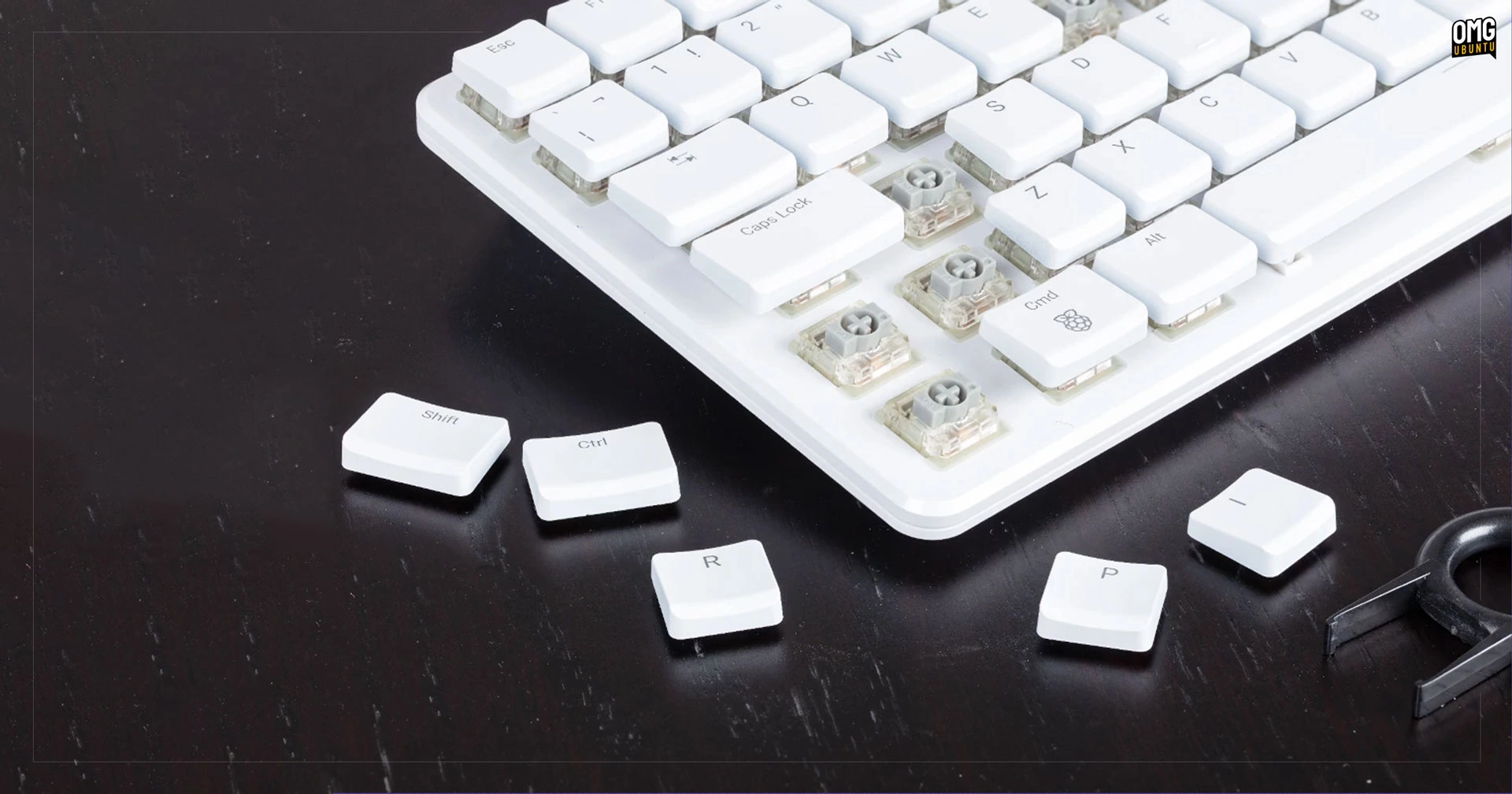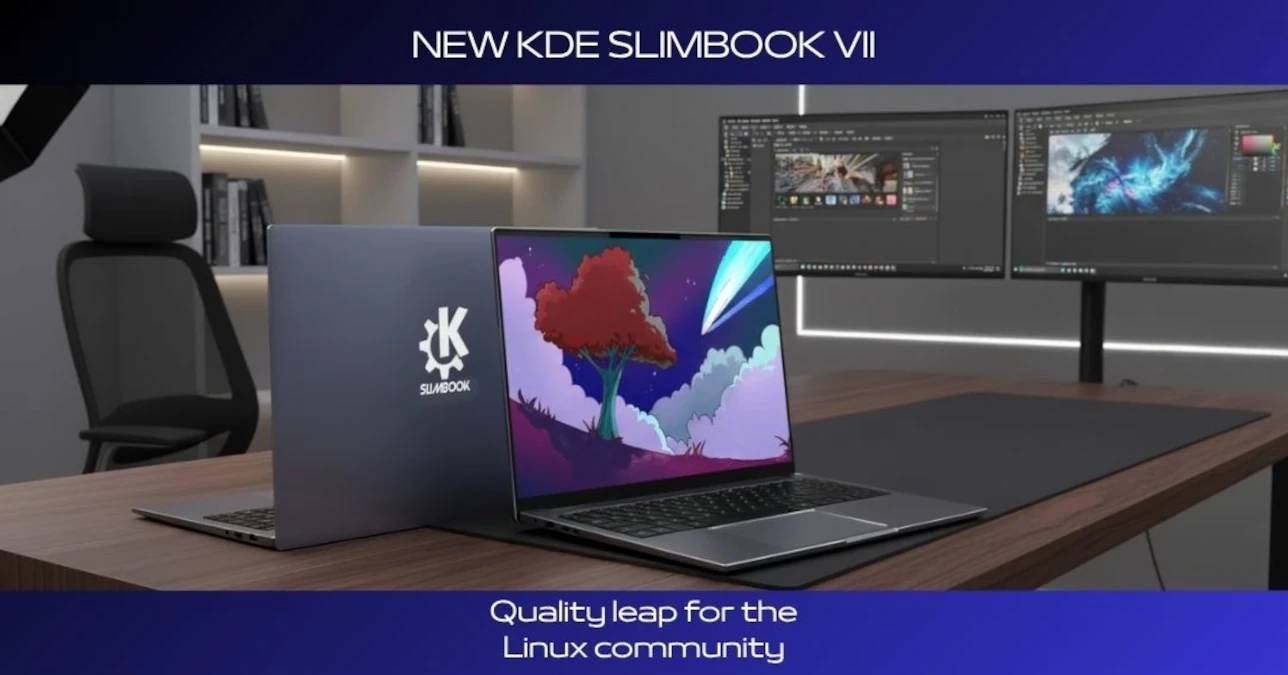Category: Hardware
-
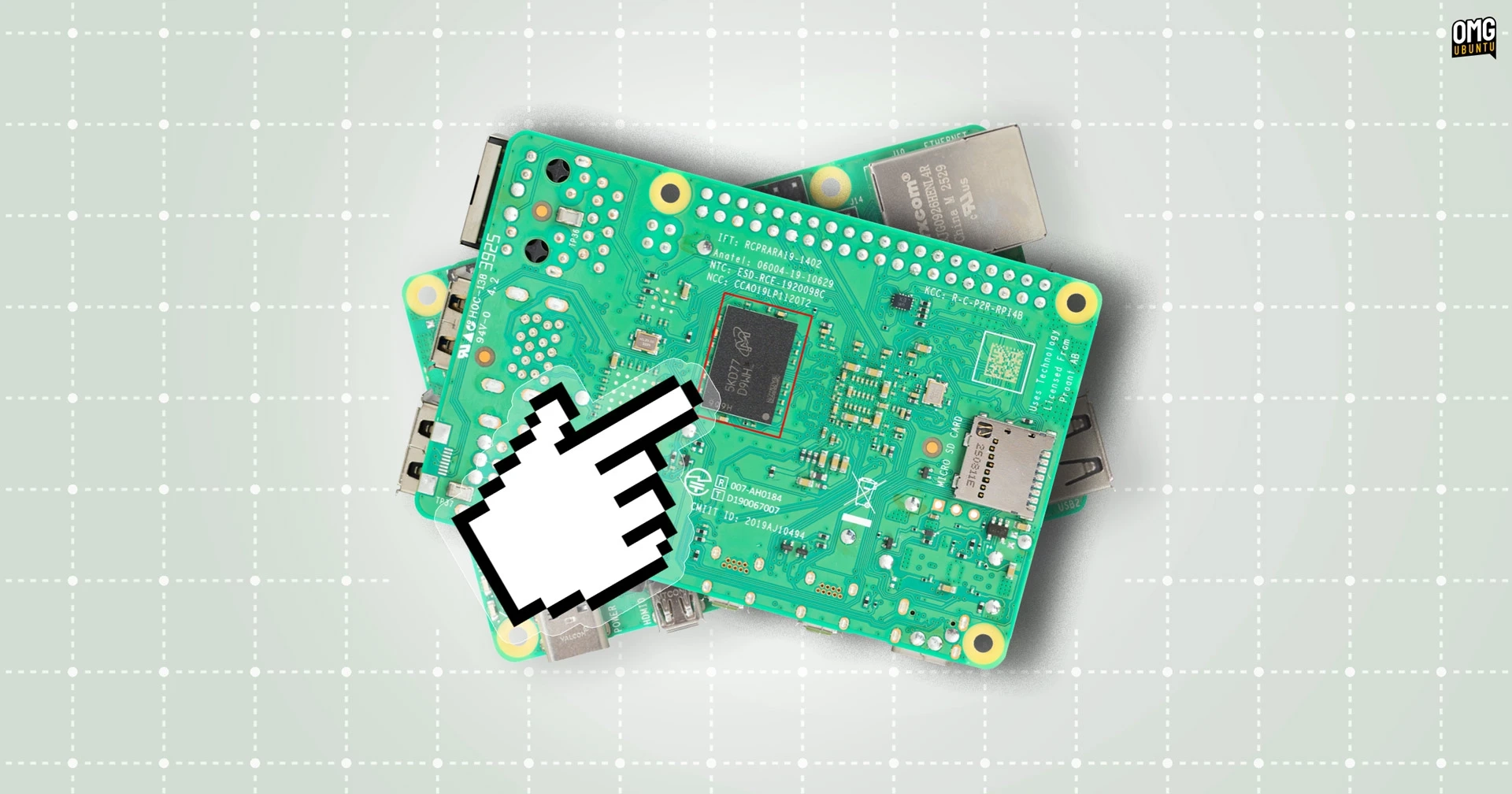
Introducing the New Raspberry Pi 4 Models: Dual Chip RAM for Enhanced Performance
A new version of the Raspberry Pi 4 Model B, designated Rev 1.5, has been introduced with a notable modification: it now features a dual-RAM configuration. This change aims to improve supply chain flexibility and manufacturing efficiency, according to a product change notice from the company. Previously, the Raspberry Pi 4 models used a single…
-

Slimbook Unveils the Slimbook ONE Mini Linux PC and Executive Laptop: A New Era of Portable Computing
Linux hardware vendor Slimbook has announced the release of updated products, including the Slimbook ONE mini PC and the Slimbook Executive laptop, providing enhanced hardware options for users. The Slimbook ONE mini PC is now available with two powerful CPU options: the AMD Ryzen 7 H 255 and the AMD Ryzen AI 9 HX 370.…
-

Can Intel’s Core 3 Match the Budget Mini-PC Success of the N100?
Intel is set to introduce its Core 3 (Wildcat Lake) chips as successors to the budget-friendly Intel N100. However, to achieve similar success in the budget computing market, these new chips must not only outperform the N100 but also match its price point. During CES, Intel’s primary focus was on its more powerful and expensive…
-

CrowView Note 15.6: Addressing the Major Flaw of the Original Model
Turn Your Phone, Tablet, or Pi into a Laptop with the New CrowView Note 15.6 Elecrow has released an updated version of their portable monitor shaped like a laptop—the CrowView Note 15.6. This device combines a monitor with essential peripherals, including a keyboard, trackpad, speakers, microphone, USB ports, and an internal battery to power connections,…
-

Introducing the TUXEDO InfinityBook Max 16 Gen10: A Linux Laptop with a Stunning New OLED Display
Linux hardware vendor TUXEDO Computers has officially launched the 10th generation of their TUXEDO InfinityBook Max 16 laptop, featuring an impressive upgrade including a new OLED display. This cutting-edge display offers high-contrast color reproduction, featuring a resolution of 2560×1600 pixels with 500 nits brightness, a 100% DCI-P3 color gamut, and a refresh rate up to…
-

Dell Unveils New XPS 14 and 16 Laptops with Ubuntu Version Launching This Year
Dell has reintroduced its XPS laptop line at CES 2026, unveiling redesigned 14-inch and 16-inch models. The XPS 14 will be available later this year pre-loaded with Ubuntu, marking a resurgence after the branding was retired last January during a marketing revamp. The previous XPS branding was phased out, renaming the models to “Dell Premium.”…
-

Introducing the New Jolla Phone: Now Available for Pre-Order as the Latest Independent Linux Device
Jolla has launched a campaign for the new Jolla Phone, marketed as an independent Linux phone designed with input from its user community. The phone promotes a European-centric approach to privacy, distancing itself from major tech companies. Equipped with a powerful Mediatek 5G SoC, the device features 12GB of RAM, storage options starting at 256GB…
-

Raspberry Pi 500+: The Standalone Keyboard Solution You Didn’t Know You Needed!
When the Raspberry Pi 500+ was announced, it generated excitement due to its combination of a mechanical keyboard and the power of a Raspberry Pi 5. This device, priced at £200, represents the costliest Raspberry Pi so far, prompting some to question its value compared to the cheaper models they may already own. Enthusiasts wondered…
-

Celebrating 8 Years of Innovation: Introducing the KDE Slimbook VII Linux Laptop from Slimbook
Linux hardware vendor Slimbook has announced the launch of the KDE Slimbook VII laptop, marking the celebration of eight years of collaboration with the KDE project. This new model is designed specifically for KDE Plasma users and focuses on enhancing the Linux experience. The KDE Slimbook VII features a sleek aluminum chassis in a sophisticated…
-

Valve Unveils Steam Machines, Steam Controller, and Steam Frame VR Headset: A New Era for Gaming Experience
Valve has unveiled three new products: the Steam Machines, the Steam Controller, and the Steam Frame VR headset, marking a significant evolution in its gaming hardware lineup. Steam Machines The Steam Machines are powered by an AMD Zen 4 processor featuring 6 cores and 12 threads, with a clock speed reaching up to 4.8 GHz.…
